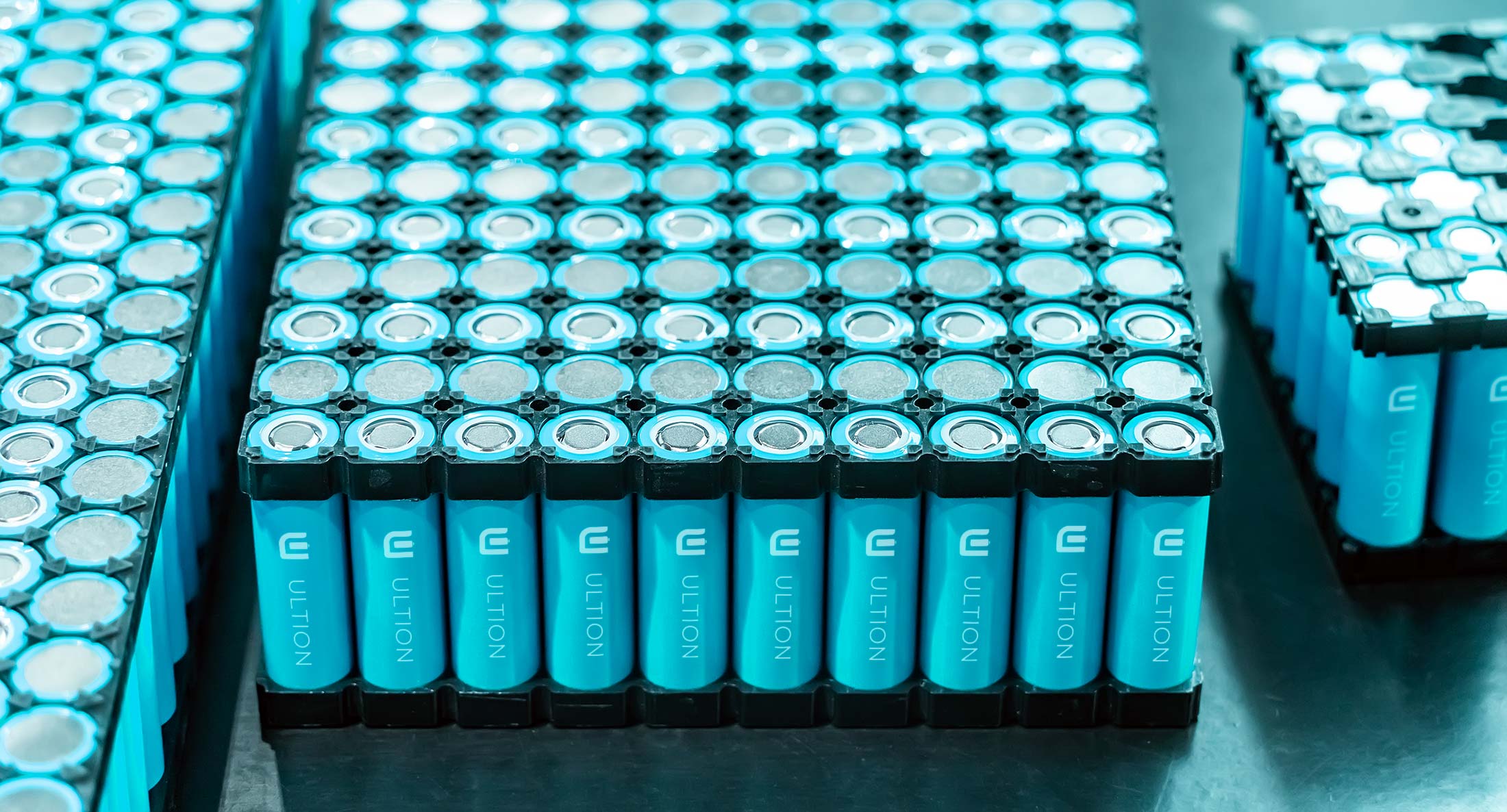Yesterday, Ultion Technologies and First Phosphate announced a breakthrough for energy storage: the first lithium iron phosphate (LFP) battery cells produced entirely from North American materials. Read the full Ultion release here on Business Wire.
The cells were designed, assembled, and tested by our Nevada-based partner Ultion using phosphate, iron, lithium, and graphite sourced from across the United States and Canada. Independent validation showed stable capacity, long cycle life, and consistent performance even at high discharge rates. These results place the cells on par with the best in the world and in some cases ahead.
For our utility and data center partners, this means access to American-made systems built on a domestic supply chain that is reliable, resilient, and verified at commercial scale.
Torus is directly involved in this milestone. We have invested in Ultion and committed to purchasing these cells for use in our hybrid flywheel and battery storage systems. For our utility and data center partners, this means access to American-made systems built on a domestic supply chain that is reliable, resilient, and verified at commercial scale.
China currently accounts for more than 90 percent of the world’s LFP production. Demonstrating that North America can meet and exceed global performance standards with its own materials and manufacturing is a turning point. It supports energy security, creates jobs, and strengthens the foundation for the next generation of power infrastructure in the United States.
We’re proud to stand alongside Ultion in proving that domestic supply chains can deliver world-class results. This is a meaningful step toward building the resilient grid our future requires.
— Nate Walkingshaw
You May Also Like

In The News
Rep. Celeste Maloy Visits Torus GigaOne Facility, Highlighting American-Made Grid Infrastructure
Congresswoman Celeste Maloy toured Torus’ new 540,000-square-foot GigaOne facility in Salt Lake City, spotlighting the company’s rapid manufacturing expansion and its role in delivering American-made, resilient energy storage systems to strengthen the U.S. power grid and supply chains.

In The News
2025 Wrap-Up and Look Ahead to 2026
From 99.99% uptime to 500 MW in utility partnerships to opening our new GigaOne manufacturing and assembly facility to growing our team to nearly 200 strong, we're accelerating the deployment of resilient power systems for our customers.
